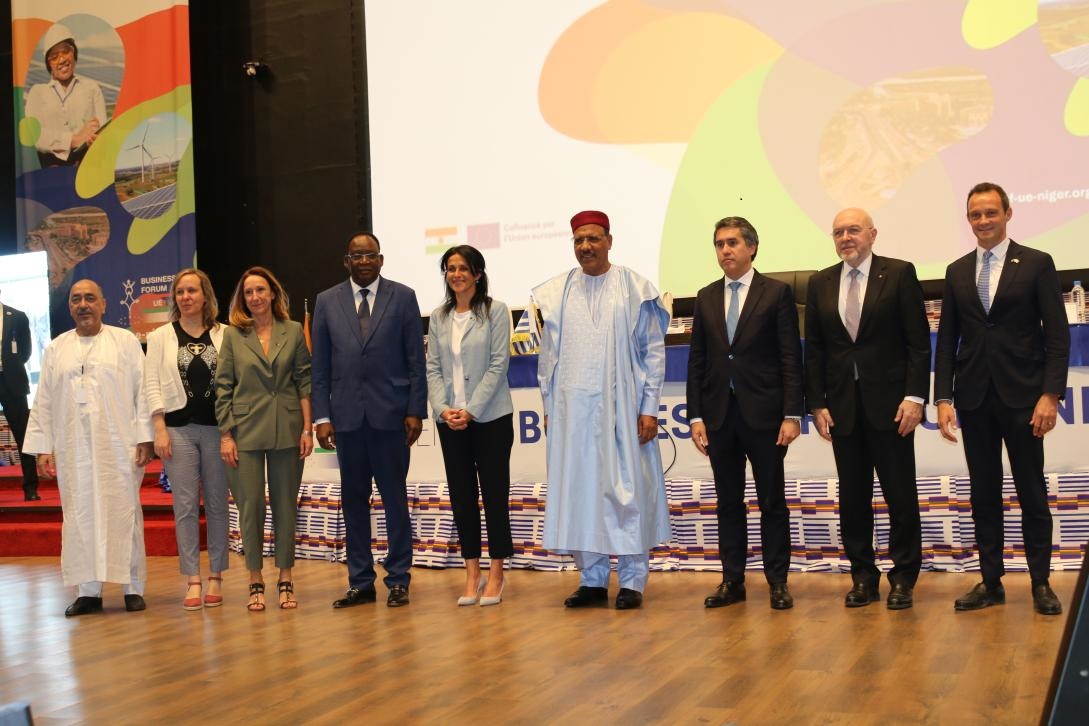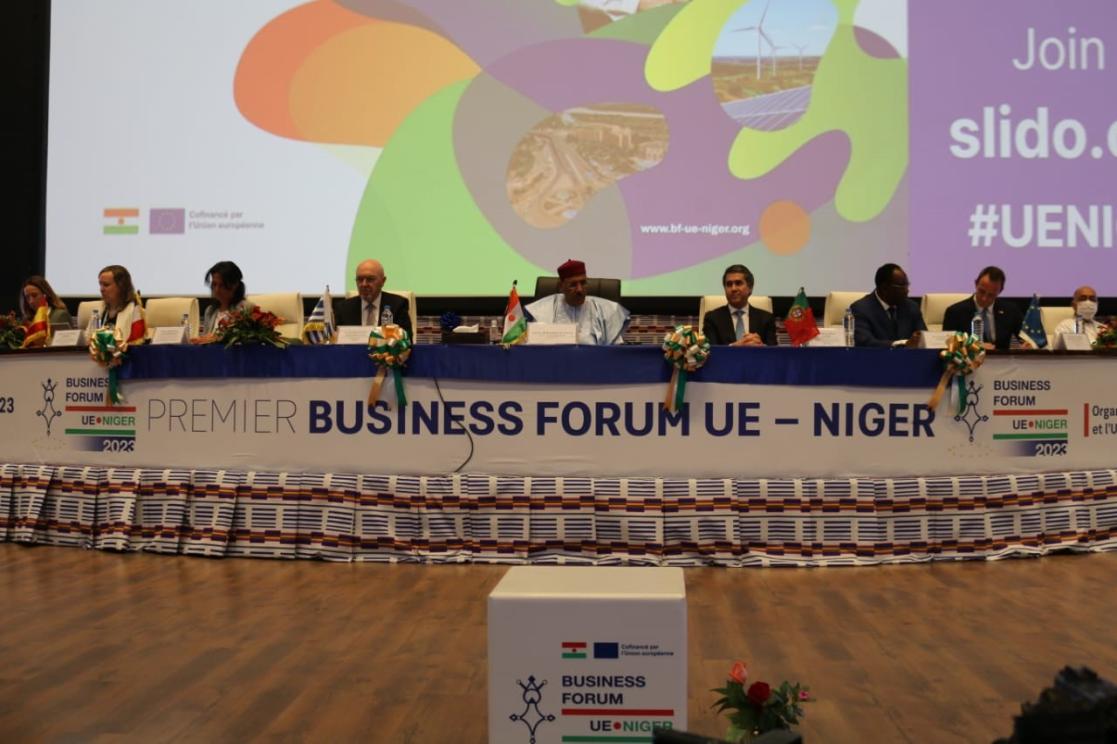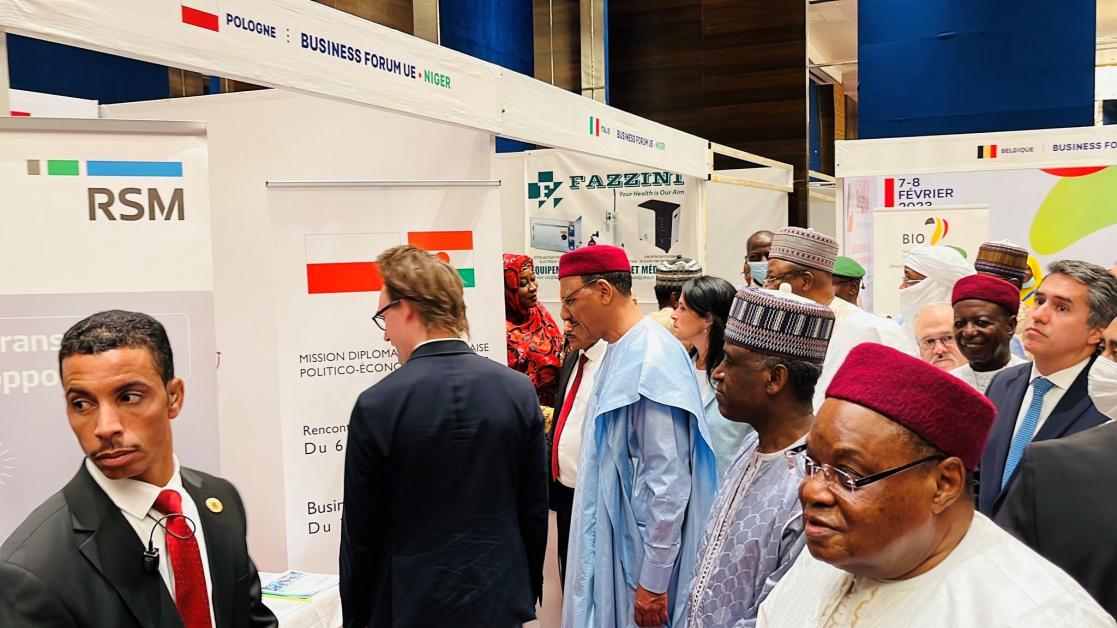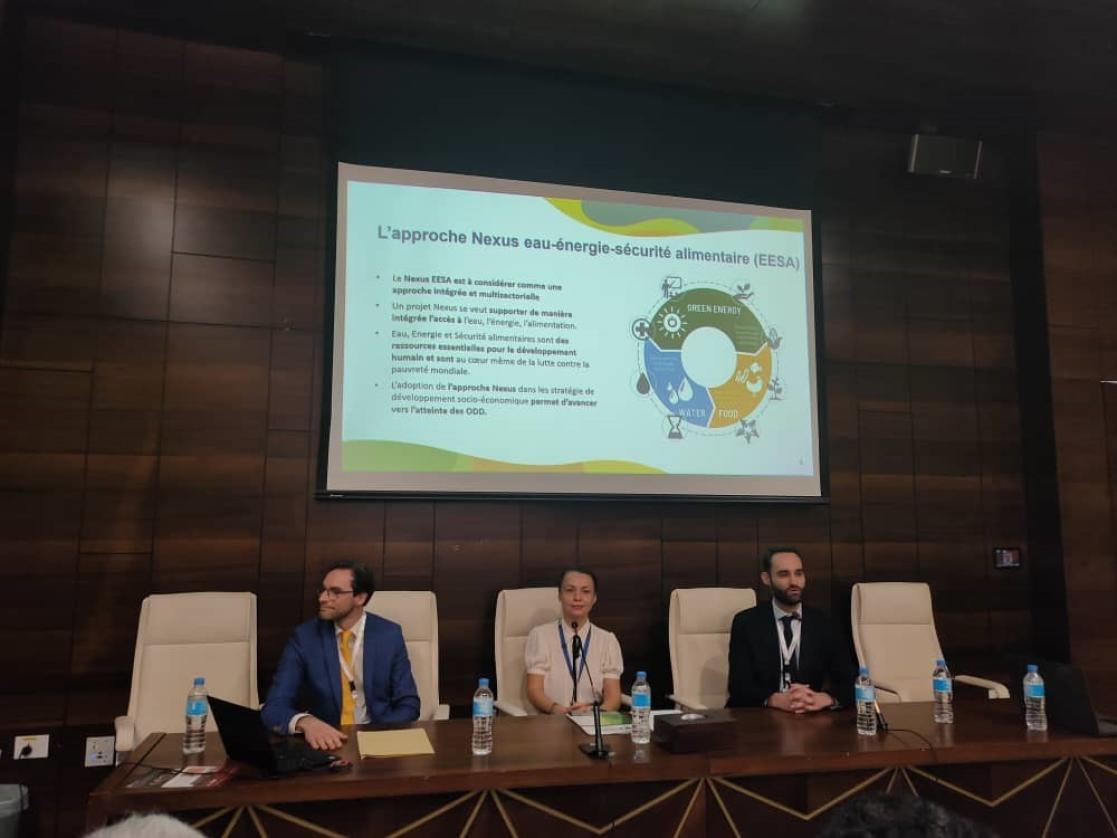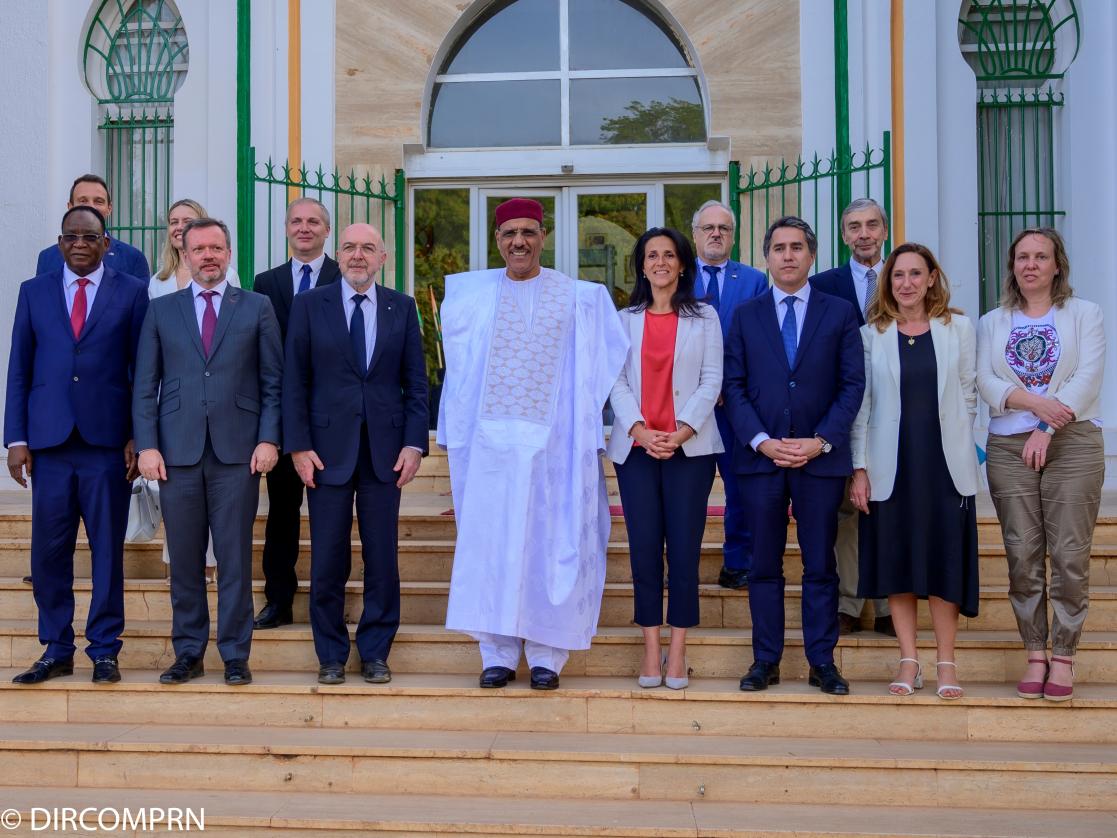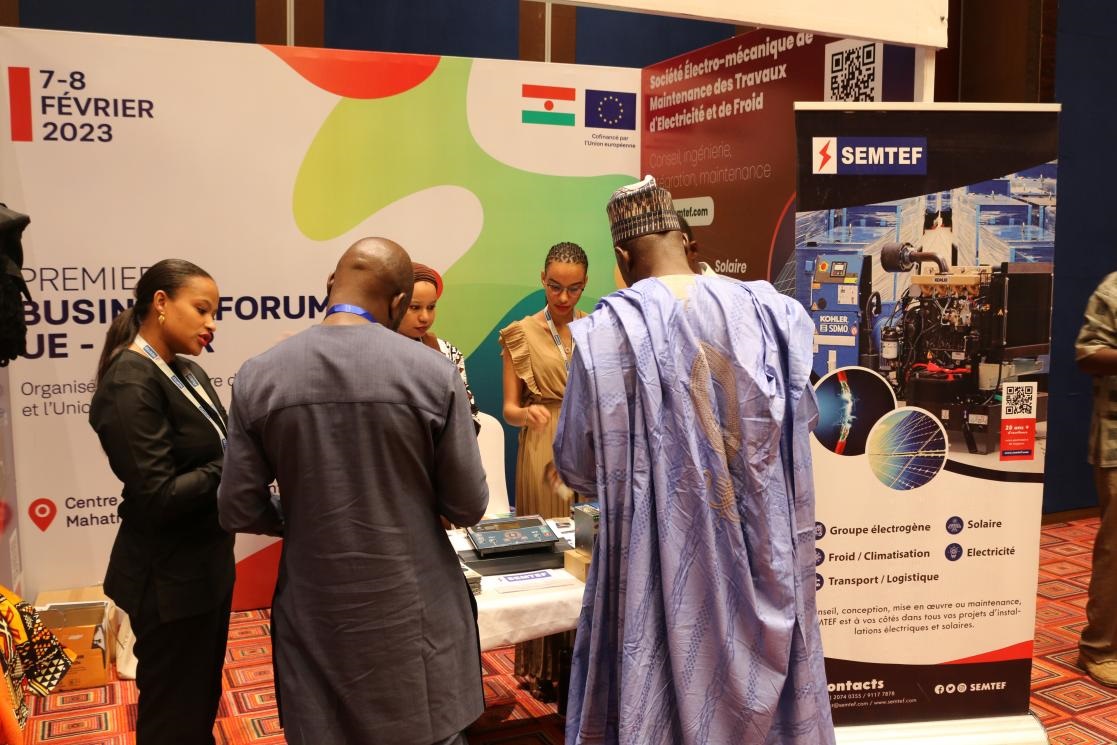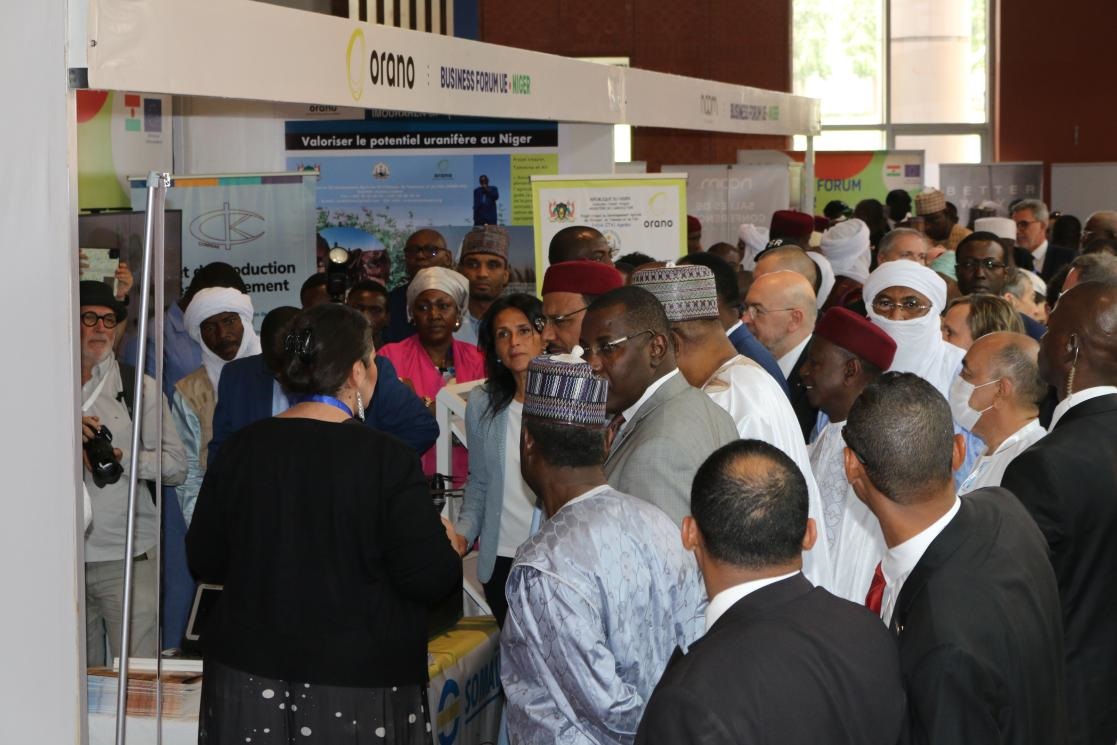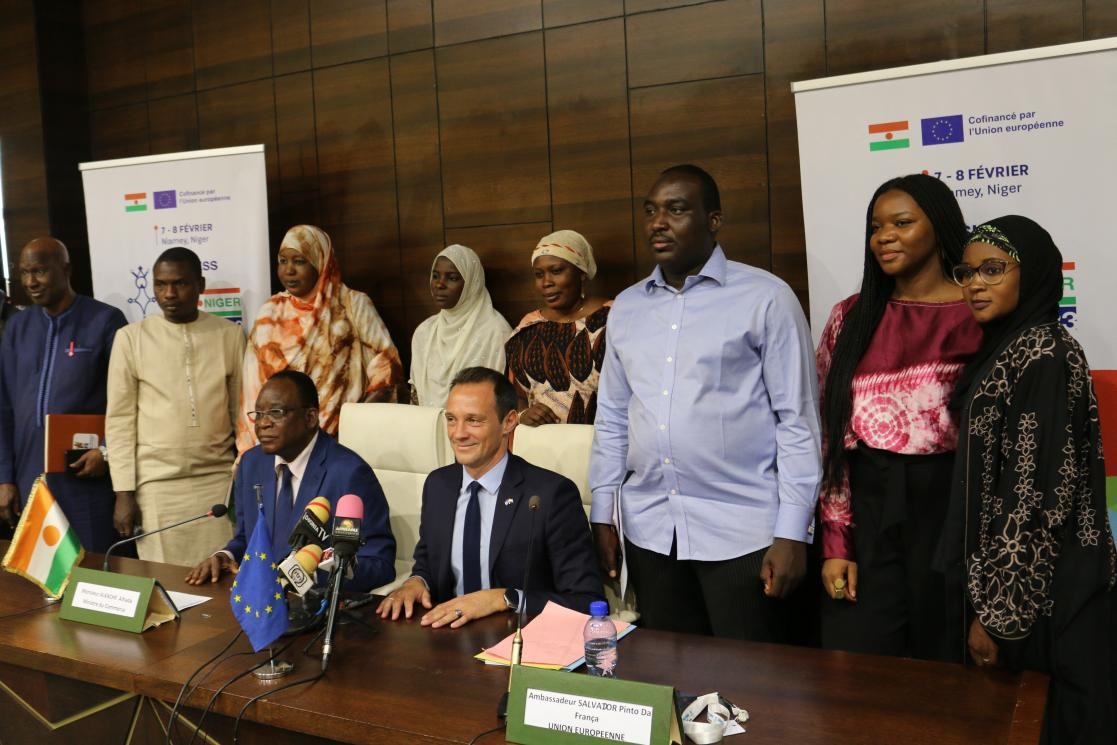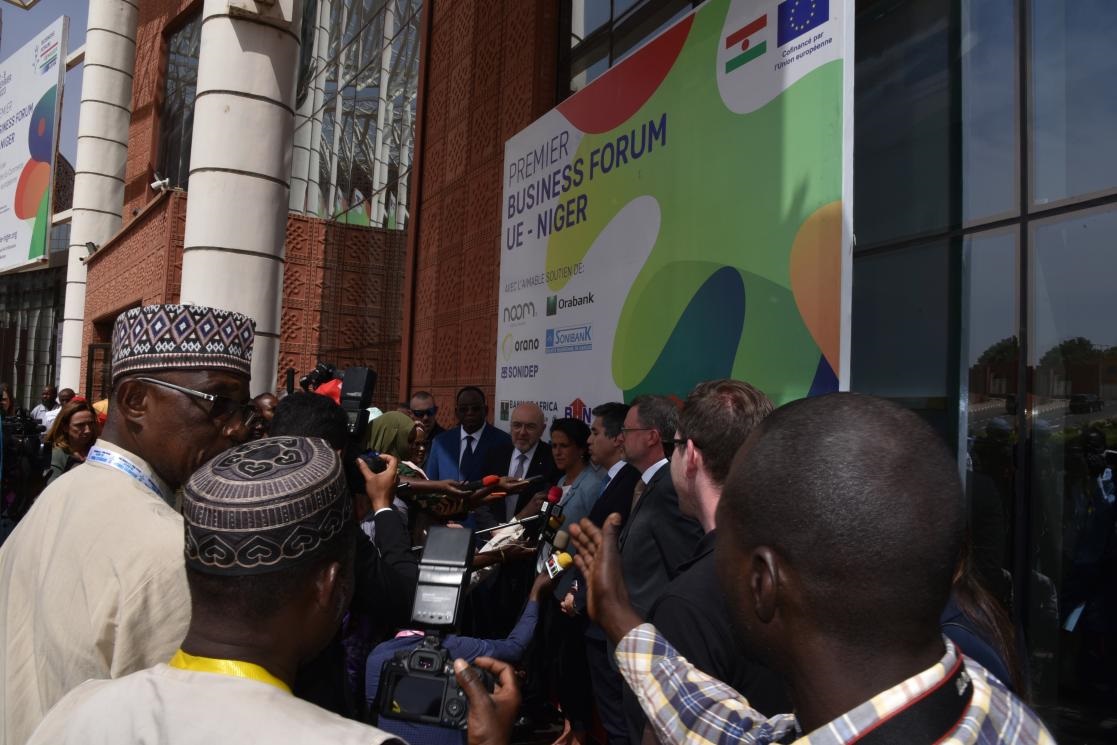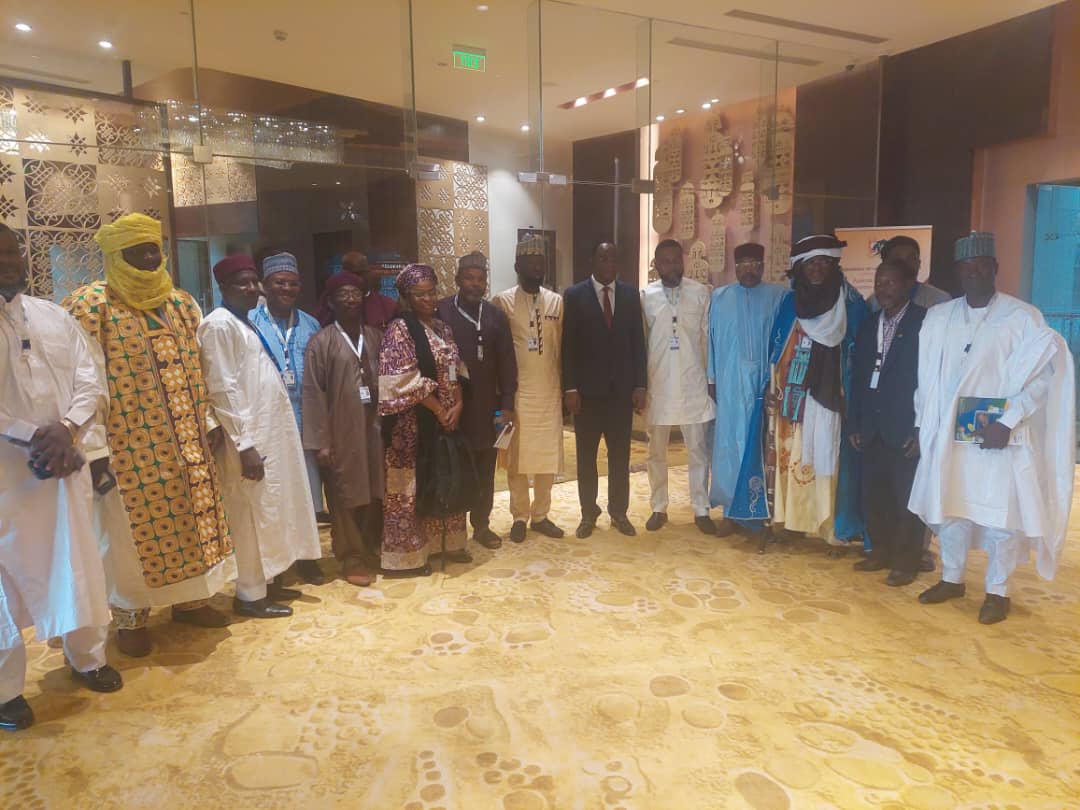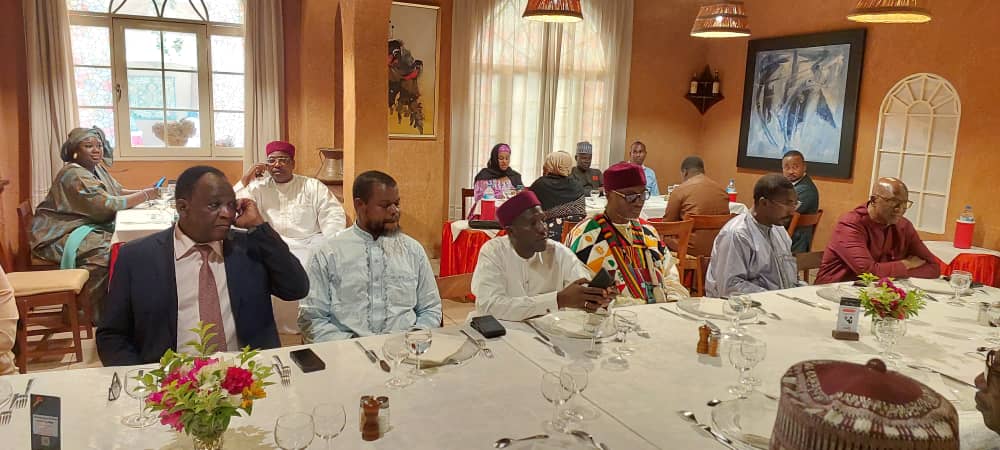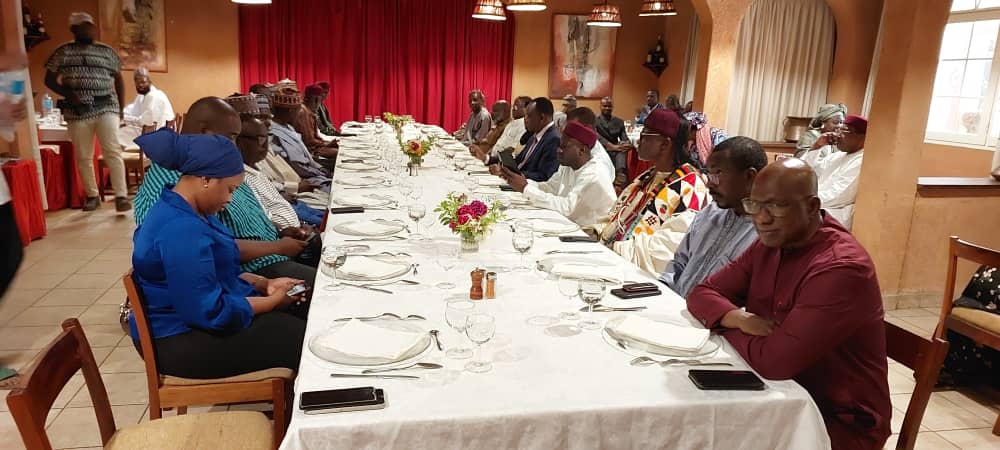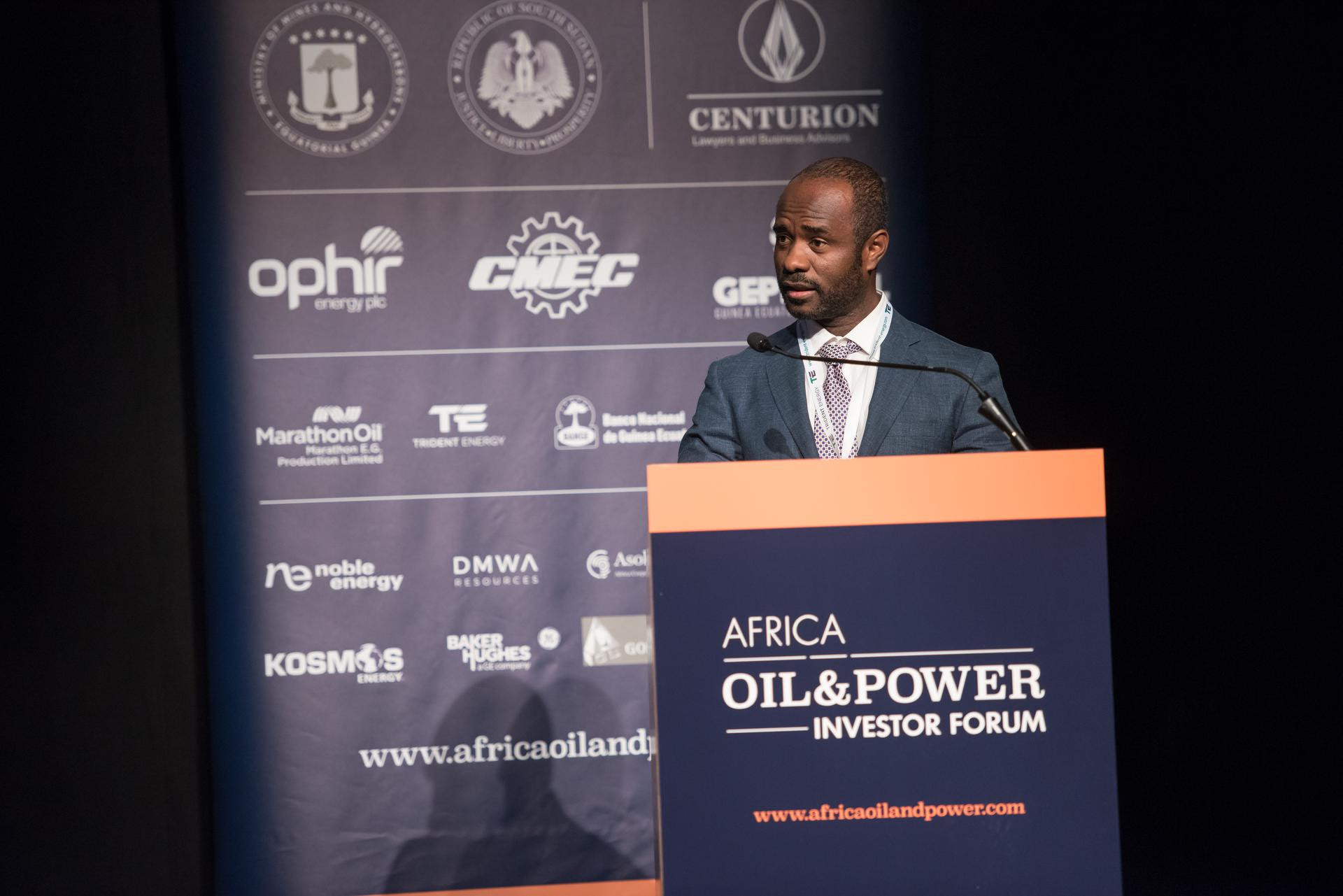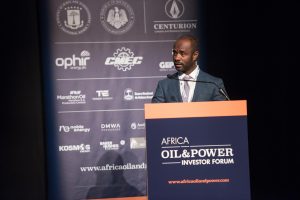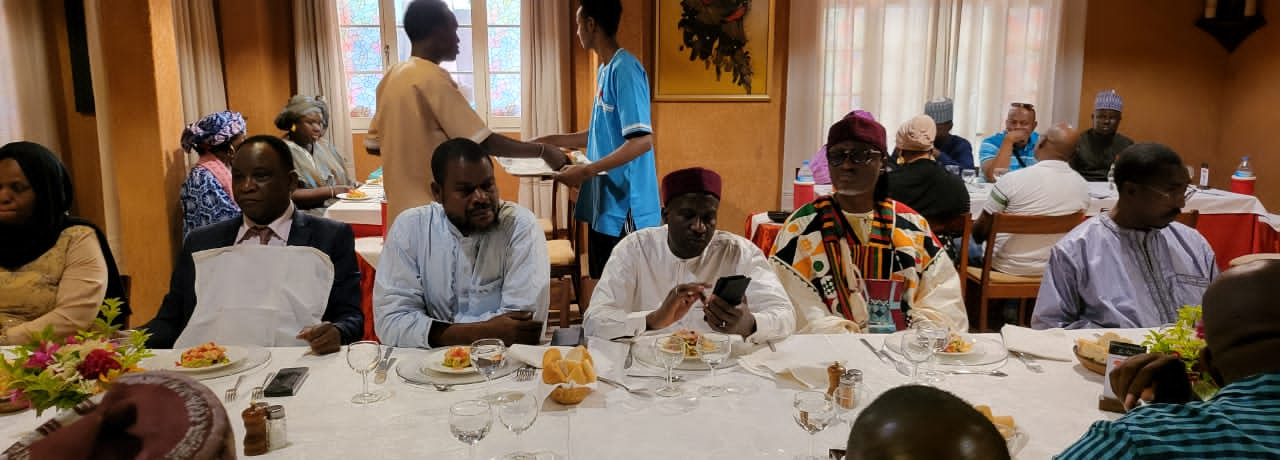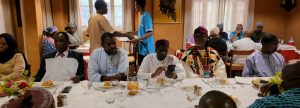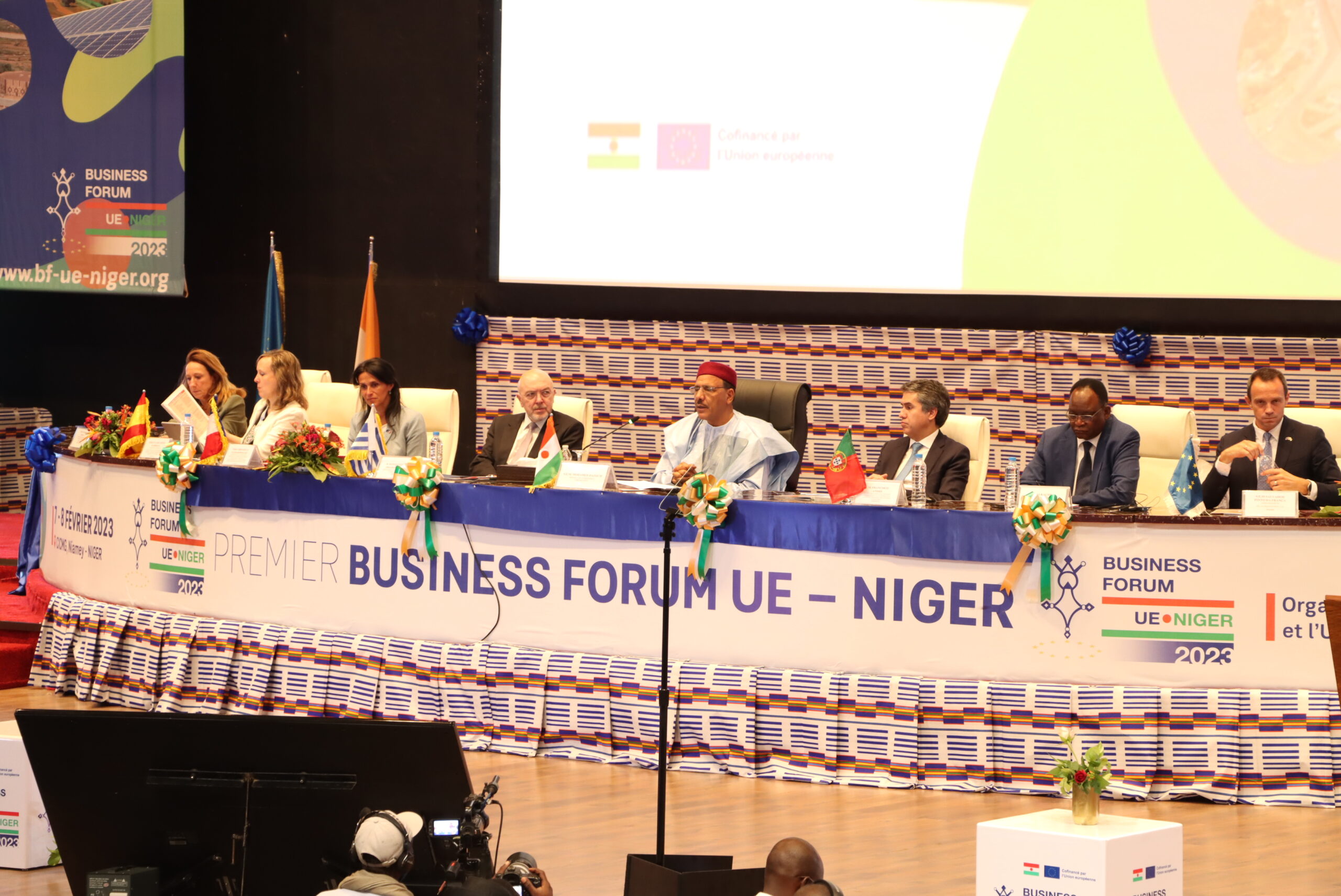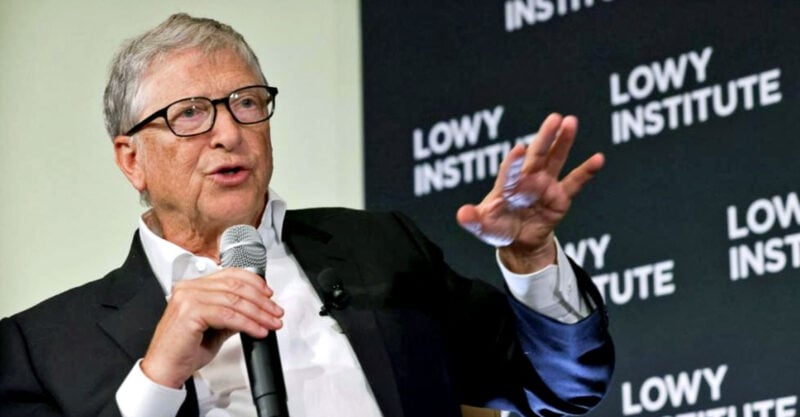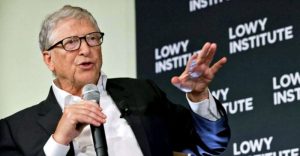
Bill Gates, long recognized as one of the world’s foremost proponents of vaccines, raised some eyebrows at a recent talk in Australia when he admitted there are “problems” with current COVID-19 vaccines.
By
Michael Nevradakis, Ph.D.
Bill Gates, long recognized as one of the world’s foremost proponents of vaccines, raised some eyebrows at a recent talk in Australia when he admitted there are “problems” with current COVID-19 vaccines.
Speaking at Australia’s Lowy Institute as part of a talk entitled “Preparing for Global Challenges: In Conversation with Bill Gates,” the Microsoft founder made the following admission:
“We also need to fix the three problems of [COVID-19] vaccines. The current vaccines are not infection-blocking. They’re not broad, so when new variants come up you lose protection, and they have very short duration, particularly in the people who matter, which are old people.”
Such statements came as a surprise to some in light of Gates’ longstanding support of — and investments in — vaccine manufacturers and organizations promoting global vaccination. However, they were the latest in a string of developments in recent weeks that have increasingly called the COVID-19 vaccines, in particular, into question.
‘This is a grift’: Gates’ investments in mRNA vaccines reveal ‘conflict of interest’
Several analysts and commentators were critical of Gates — but not due to disagreement with the statements he made in Australia. Instead, they argued that he had previously heavily invested in mRNA vaccines at the same time he encouraged a global COVID-19 vaccination campaign and supported mandatory vaccination.
Speaking Jan. 25 on The Hill TV’s “Rising,” co-hosts Briahna Joy Gray and Robby Soave addressed Gates’ statements. Soave initially agreed at face value with Gates’ criticism of current mRNA vaccines, saying:
“He really nails it on the issues that we’re having: the short duration of protection, not a significant discernable impact on the transmission of cases … not a massive benefit for a lot of otherwise healthy and younger people.”
However, Soave — who on Jan. 19 revealed “Facebook files” indicating the CDC significantly influenced content moderation and censorship on the platform pertaining to COVID-19 vaccines — then pointed out Gates’ prior investments that contributed to the development of mRNA vaccine technology.
Soave said, “Bill Gates was a major proponent of mRNA technology … he was an investor in BioNTech, which developed the mRNA vaccine for Pfizer.”
“We were just doing some digging,” continued Soave, “[and] we saw that he sold a lot of those shares at … how much profit was that?”
“10x,” replied Gray. “He invested $55 million in BioNTech back in 2019 and it’s now worth north of $550 million. He sold some stock … at the end of last year, I believe it was, with the share price over $300, which represented a huge gain for him over when he invested.”
Soave then unleashed critical comments directed at Gates:
“Let’s follow that trajectory: [Gates] invests heavily in BioNTech, ‘mRNA vaccines are great, this is the future,’ he talks about the vaccine timeline and how we can develop it faster, ‘we might have to cut some corners on safety’ … All in … sells it … makes a huge amount of money … but now it’s ‘yeah, it’s okay, it could be better, but what we really need is this breath spray.’”
Soave was referring to a statement Gates made during his recent talk in Australia, immediately prior to his remarks regarding the mRNA vaccines, where he said:
“We think we can also have, very early in an epidemic, a thing that you can inhale that will mean that you can’t be infected, a blocker, an inhaled blocker.”
Gray raised the issue of conflicts of interest between individuals such as Gates who hold significant positions with drug and vaccine manufacturers, and the federal government’s spending of large sums of taxpayer money to purchase these products. She said:
“This is a grift. These companies are extracting money, taxpayer money as it were, to pay for medical treatments that are not indicated by medical professionals and are less useful than what we already have.
“At the same time, the Biden administration is opening its doors, revolving doors, to people from these various industries like Jeff Zients, who is the new chief of staff for Joe Biden … who has spent his entire career at the kinds of companies, investing in the kinds of companies, that have been overcharging the government for Medicare and Medicaid payments and exact kinds of overpayments. It is an enormous grift and one that is incredibly common.”
Zients was formerly the Biden administration’s “COVID czar” and publicly pushed for universal vaccination.
Soave then said that Gates’ statements, and the broader issue of conflicts of interest between drug and vaccine proponents and the federal government, give credence to the assertions long made by “anti-vaxxers and the like.” He said:
“For there not to be more interrogation of his conflict of interest here by the mainstream is deeply disturbing, and for people who have been skeptical of this aspect of Pfizer and the drug development around COVID and who have been shot down in the media as kooks, anti-vaxxers and the like, I frankly think that this issue of pharmaceutical corruption and people pushing various interventions, having an investment in profit, should have been an issue that the left was leading on.
“We have to be more transparent about the fact that people who are having input in what the government policy is going to be, what’s going to be required people, the Biden administration tried to require people to get this, shouldn’t it be known at least when there are hundreds of millions of dollars of financial interests at stake for the people advising this? And their tune changes as it follows the money!”
Investigative journalist Jordan Schachtel also had scathing remarks following Gates’ statements in Australia, writing on his blog:
“Microsoft founder Bill Gates, who served as one of the architects of Covid hysteria and had more of an impact than any other individual on the disastrous global pandemic policies, has finally acknowledged that the mRNA shots he’s been promoting for two years are nothing more than expired pharma junk.
“Translation: Gates admits that the shots are impossible to align with rapidly developing variants, they expire in lighting speed, and they don’t stop transmission. And they don’t work for the only at-risk portion of the population.”
Schachtel called this “an incredible reversal from the man who once advertised the shots as the cure to the coronavirus,” drawing upon Gates’ previous statement: “everyone who takes the vaccine is not just protecting themselves but reducing their transmission to other people and allowing society to get back to normal.”
In 2021, Gates described the mRNA vaccines as “magic,” saying they would be a “game changer” in the next five years.
Gates warns about ‘next pandemic,’ praises lockdowns, calls for more pandemic simulations
As reported by the Daily Mail Jan. 23, Gates’ talk in Australia was notable for some additional statements he made.
Gates “called for greater global cooperation using the COVID-19 pandemic as an example of how countries could improve on their response if they worked together,” arguing that “political leaders needed to set aside their differences and work together to prepare for the next virus.”
He also praised Australia’s strict lockdown policies, saying:
“Some of the things that stand out are that Australia and about seven other countries did population scale diagnostics early on and had quarantine policies.
“That meant you kept the level of infection low in that first year when there were no vaccines.”
Gates also called for more “pandemic simulations” to assist world leaders in dealing with “future pandemics.” He said:
“The one thing that still hangs in the balance is will we have the global capacity and at the regional and country levels that would mean that when an (infectious disease) threat comes up we act in such a way that it doesn’t go global.
“We need to be doing every five years a comprehensive exercise at both country and regional levels of pandemic preparedness and you need a global group that’s scoring everybody.”
As part of such preparedness, Gates called upon countries to have “standby tools,” including vaccines, in place for the next pandemic:
“So there’s a class that’s got measles in it, a class of flu, a class of coronavirus, and a fourth class, all of which we need to have standby tools, both antivirals and vaccines that can deal with those. It’s very doable. So on the tools front, we can be far more prepared.”
Schachtel noted that Gates was a sponsor of Event 201, a simulation conducted Oct. 18, 2019, which “predicted” a global coronavirus pandemic. One of the sponsors of Event 201 was the Bill and Melinda Gates Foundation (BMGF).
The BMGF is a partner of Gavi, The Vaccine Alliance and holds a seat on its board. In turn, Gavi closely collaborates with the ID2020 Alliance, a strong proponent of “vaccine passports,” as previously reported by The Defender. Microsoft and the BMGF are founding members of ID2020.
According to the same report by The Defender, the BMGF in September 2022 pledged $1.27 billion in support of “global health and development projects.”
And as previously reported by The Defender, the BMGF previously committed, in June 2020, $750 million toward the development of the AstraZeneca vaccine at Oxford University, and conditional funding of $150 million to the Serum Institute of India — the world’s largest vaccine manufacturer by number of doses produced and sold.
The Serum Institute also received a $4 million grant from the BMGF in October 2020 to support research and development as part of the COVID-19 response, while in August 2020, the Serum Institute, in partnership with the BMGF and Gavi, agreed to produce up to 100 million doses of COVID-19 vaccines for low- and middle-income countries.
In a posting on his official blog in December 2020, Gates wrote that his foundation “took on some of the financial risk” for the vaccine, so that if the Oxford-AstraZeneca vaccine was not approved, the Serum Institute wouldn’t “have to take a full loss.”
Gates’ remarks latest in a string of negative press for COVID, mRNA vaccines
Gates’ remarks in Australia — and the attention they received from the press — represent the latest in a series of less-than-flattering media portrayals about COVID-19 and mRNA vaccines in recent weeks.
On Jan. 22, the Wall Street Journal published a highly critical editorial regarding the FDA’s non-disclosure of data pertaining to the efficacy of the COVID-19 bivalent boosters. Allysia Finley, a member of the newspaper’s editorial board, wrote:
“Federal agencies took the unprecedented step of ordering vaccine makers to produce them and recommending them without data supporting their safety or efficacy.”
She also accused vaccine makers of “deceptive advertising.”
Source:( The Defender/Children’s Health Defense News)

